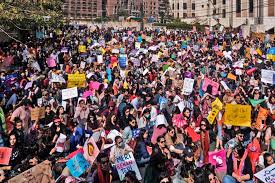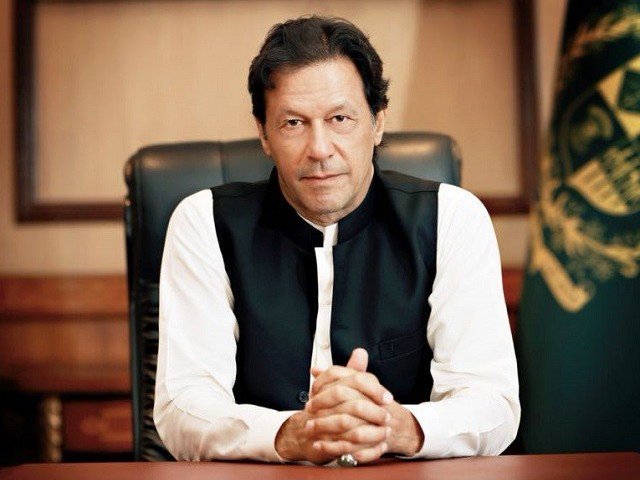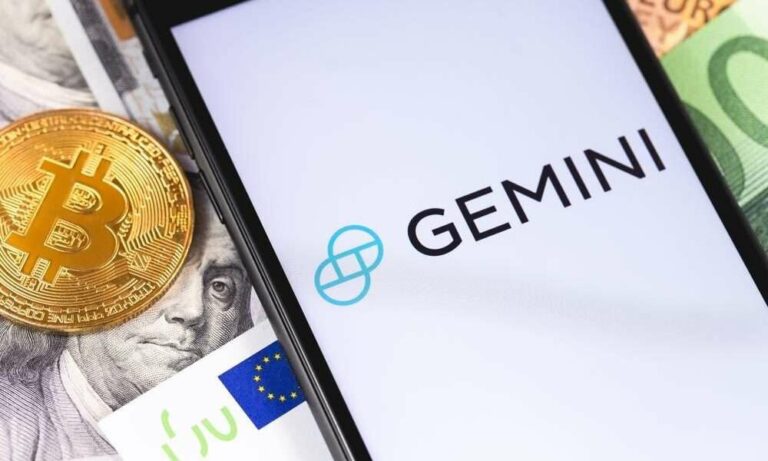Stocks, crude after Trump´s Europe ban

HONG KONG: US President Donald Trump’s decision to impose a travel ban from Europe to the US every month to cut off coronavirus spreads and send shock waves on the equities and oil markets causing global economic panic.
Since the disease showed no signs of deterioration, claimed many lives and affected many people around the world, the US president said in a rare part of the nation that the ban would last for 30 days.
The news came after the World Health Organization officially announced the outbreak of the epidemic and reached “alarming levels of unemployment” with its spread.
Asian equity markets, which have plummeted in response to a WHO announcement, are stunned after Trump’s speech.
Tokyo eventually fell 4.4%, while Sydney lost 7.4% on the worst ASX 200 day since the 2008 financial crisis. Hong Kong dropped 3.5% in the afternoon while Shanghai was down 1.6%.
Seoul, Singapore and Jakarta each lost more than 3%, while Mumbai carries more than 7% and Bangkok more than 8%.
Manila is about 6% down, Wellington down 5% and Taipei up 4.3%.
Japan’s yen, the key spot in times of crisis and economic turmoil, skyrocketed more than 1% against the dollar.
“Travel restrictions are equivalent to slow economic activity, so if you need more sales … after the worst signal from sales in American markets it just fell into your hands,” said Stephen Innes of AxiCorp.
The loss followed another brutal session on Wall Street, with a wave after bad news, including Hilton withdrawing his earnings forecast and Boeing saying it would halt more hiring and overtime.
The Dow plunged into the bear market as it lost more than 20% since its very high, with the future pointing to Thursday on another rout in New York and Europe.
The outbreak of coronavirus has left almost no trace, although travel and tourism have become increasingly difficult as countries make travel and detention facilities in certain areas, and Italy where the rest of the country is banned.
The number of cases worldwide has risen to more than 124,000 with 4,500 deaths, including a decline in deaths in Iran and Italy, according to AFP separately.
In announcing the European ban – which excludes Britain – Trump said the continent had seen an increase in new conditions because governments had failed to halt travel from China, where the COVID-19 epidemic began.
He said the prohibition would also apply to a large number of trade and goods, as well as “many other things as we gain acceptance”.
However the White House subsequently clarified that “the people who move the goods will not be imported, but the goods will be”.
‘Shouting for reply’
Oil prices also exploded, and both main contractors fell about 6% in the same spot before slowly falling back. The oil market was already under pressure after Saudi Arabia and Gulf partner UAE experienced a price war and plans to fill the global market.
“Right now we are looking at the whole world being closed,” said Vandana Hari, of Vanda Insights. “It is expected that the oil will run low and all speculation about oil use is out.”
The Saudi move has been an extension of the war for oil producers after Russia shocked OPEC-backed plan to cut production due to lost demand due to the coronavirus.
“Markets are crying out in response to COVID-19 storm encounters and the lack of concrete application of American policy to harmonize markets,” said Tapas Strickland, senior analyst at National Australia Bank.
Trump’s address included a number of measures aimed at reducing the financial burden especially on small businesses, including taxpayer relief and tax deductions.
But he did not propose any major tax reductions, with Jefrey Halley saying that OANDA “may have disappointed the markets more than anything”.
Katrina Ell, an Asia-Pacific economist at the Moody’s Analytics division, said the biggest problem with the problem was her








